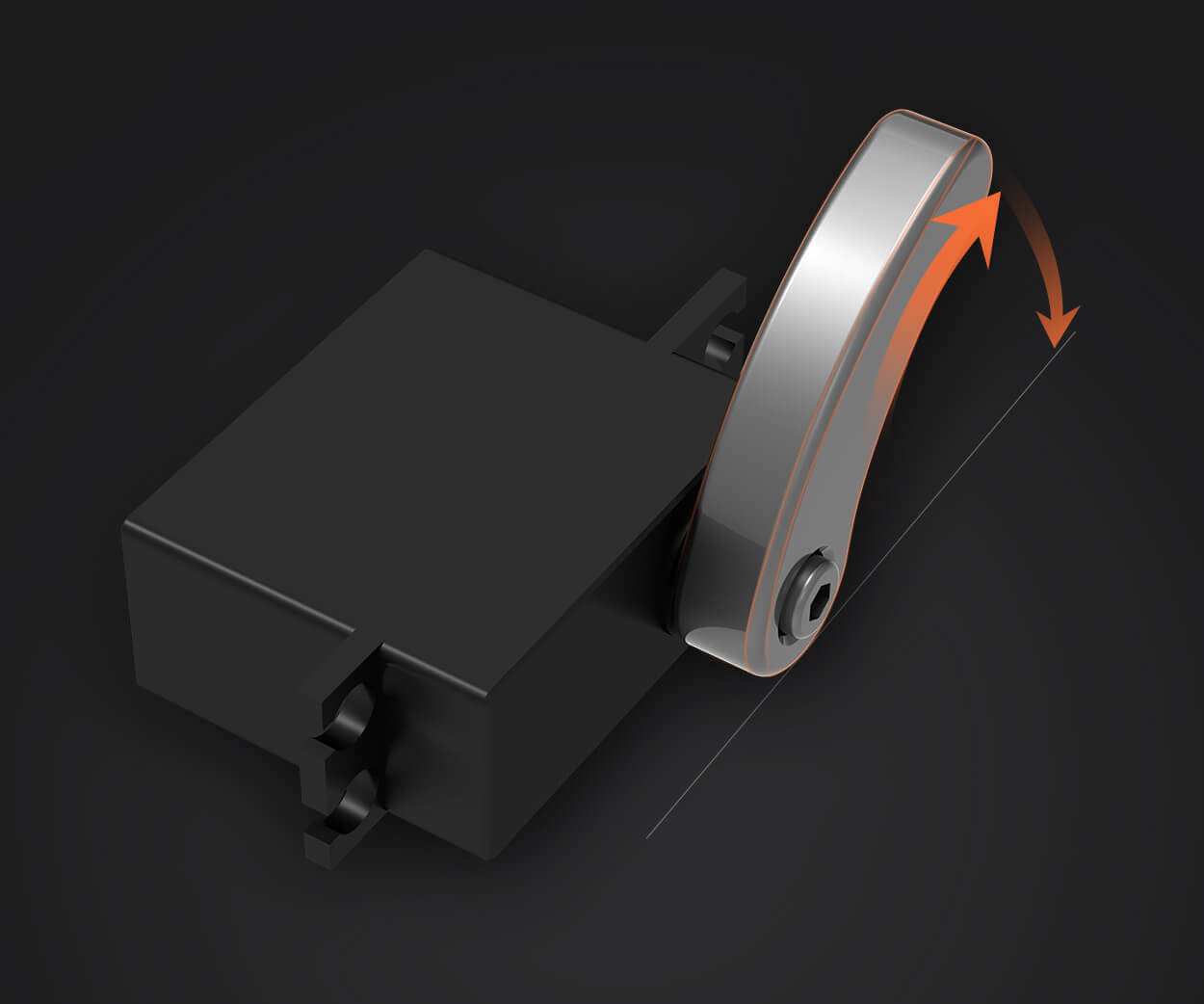In the rapidly evolving landscape of manufacturing and automation, precision is king. Whether producing intricate aerospace components, delicate medical devices, or high-volume automotive parts, achieving perfection in every cut can make or break a company's reputation. This relentless pursuit of accuracy and efficiency has led engineers and manufacturers to explore every facet of machine design, from cutting-edge software to the most sophisticated hardware. Among these technological marvels, one component stands out for its transformative impact: the servo motor.

At the core of modern CNC (Computer Numerical Control) machines, servo motors serve as the nervous system, translating digital commands into precise physical movements. Unlike traditional motors, which often run at constant speeds and lack fine control, servo motors are tailored for dynamic, high-precision applications — making them indispensable in CNC machining centers worldwide.
The Evolution of CNC and the Rise of Servo Dynamics
CNC technology has been around for decades, drastically changing how industries approach manufacturing. Initially, conventional motors and open-loop control systems set the stage, but they had limitations—particularly in terms of positioning accuracy and responsiveness. As manufacturing demands grew more complex and tolerances shrank, these systems began to show their constraints.
Enter servo motors: a game-changer that brought closed-loop control into CNC machinery. Their ability to continuously monitor their position via encoders and adjust operation accordingly enables exceptional accuracy. This forms the backbone of what is often called servo control systems, delivering microsecond responsiveness that ensures each cut matches the exact specifications.
What Is a Servo Motor?
At its essence, a servo motor is a rotary actuator capable of precise control of angular or linear position, velocity, and acceleration. It consists of a motor, a sensor (encoder), and a control circuit, which work together to correct any deviation from the desired position or speed.
In CNC applications, servo motors are typically high-performance, brushless DC motors (commonly called BLDC motors), or occasionally AC synchronous motors, renowned for their efficiency, durability, and superior control attributes. They are paired with sophisticated drives and controllers that form a closed-loop system—continuously adjusting power output to reach and maintain the intended motion profile.
Key Features That Make Servo Motors Ideal for CNC
High Precision – With encoders providing feedback resolutions up to several thousand pulses per revolution, servo motors ensure micro-movements are repeatable and exact. Fast Response Time – Their ability to react in milliseconds makes them suitable for complex, rapid machining processes. Torque Control – Unlike stepper motors, servo motors deliver consistent torque across a broad range of speeds, essential for machining materials with different hardness levels. Energy Efficiency – Properly sized and controlled servo motors consume less power while delivering optimal performance. Reliability & Durability – Built to withstand rigorous industrial environments, they often feature thermal management and sealed housings.
How Servo Motors Drive CNC Excellence
The application of servo motors in CNC machining enhances a spectrum of key performance aspects:
Accurate Positioning & Repeatability: Precise control of axis movements ensures parts are machined within tight tolerances, reducing scrap and rework. Smooth Motion Transitions: Servo motors facilitate seamless acceleration and deceleration, minimizing vibrations and surface imperfections. Faster Cycle Times: High responsiveness means more rapid tool changes and machining cycles, boosting productivity. Complex Geometries & 3D Surfaces: They enable intricate multi-axis movements, opening up possibilities for advanced designs that would be impossible with traditional drives. Reduced Maintenance & Downtime: Advanced diagnostics integrated into servo systems allow for predictive maintenance, preventing unexpected failures.
The Synergy of Servo Control and CNC Software
The real wonder of servo motors in CNC applications lies in their integration with modern control software. Sophisticated algorithms process feedback from encoders and sensors in real-time, instantly adjusting the motor's torque and speed to match complex toolpaths. This combination ensures that even the most intricate curves or tight tolerances are achieved flawlessly.
Moreover, software advancements allow for dynamic adjustments during machining. For example, if a tool begins to wear down or a material exhibits unexpected behavior, the servo system can compensate without sacrificing precision—saving time and money.
The Industry-Driven Demand for Servo Motor Enhancements
As industries like aerospace, medical, and electronics demand tighter tolerances and faster production rates, the role of servo motors becomes even more significant. Innovations in servo technology focus on increasing accuracy, reducing latency, and enhancing energy efficiency.
Manufacturers are now developing multi-axis servo systems with synchronized operation, capable of controlling complex toolpaths across numerous axes—think of five-axis machining with all axes managed seamlessly by coordinated servo drives. This level of sophistication unlocks creative potential, allowing for complex geometries and lightweight structures.
Future Horizons: Smart Servo Systems and AI Integration
Looking ahead, the evolution of servo motors is intertwined with digital transformation. The integration of artificial intelligence (AI) and machine learning enables servo systems to adapt in real-time to changing conditions, optimize energy consumption, and predict potential failures before they occur. These advancements could lead to even smarter CNC machines—autonomous, self-optimizing, and incredibly efficient.
In summary, servo motors are no longer just components—they are the beating heart of modern CNC machinery. Their capacity for high precision, rapid responsiveness, and reliable control continues to push the boundaries of what manufacturing can achieve. As industries embrace Industry 4.0, the role of servo motors will only grow more vital, unlocking new levels of efficiency, creativity, and excellence in precision engineering.
Kpower has delivered professional drive system solutions to over 500 enterprise clients globally with products covering various fields such as Smart Home Systems, Automatic Electronics, Robotics, Precision Agriculture, Drones, and Industrial Automation.




































